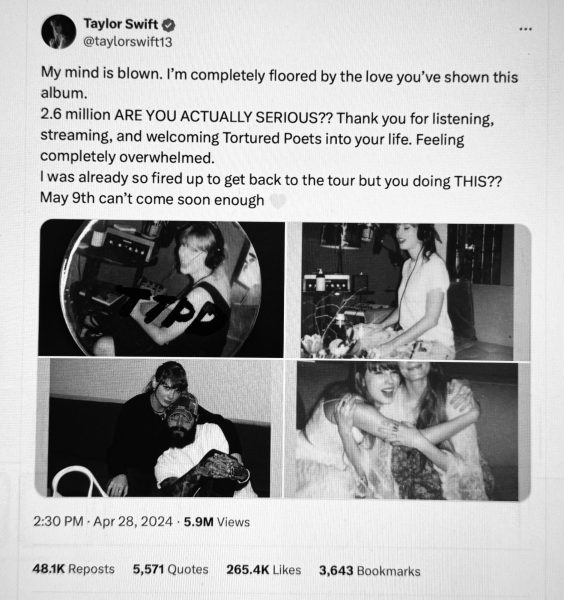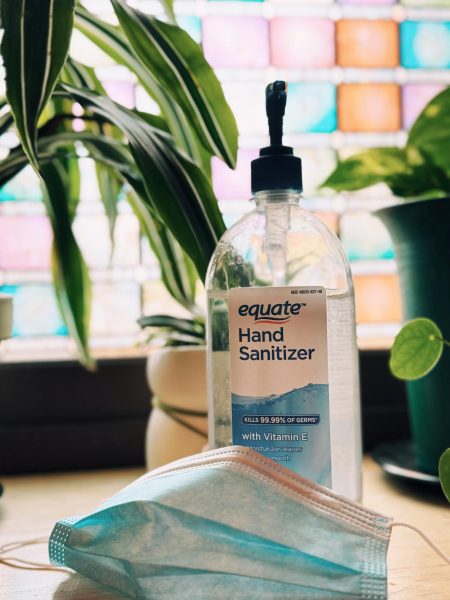Critics of the #MeToo movement lack insight
February 26, 2018
When the New York Times published an exposé revealing decades of sexual harassment accusations against media-mogul Harvey Weinstein, the floodgates opened.
The report detailed firsthand accounts of varying degrees of harassment of all types of women in the industry: from high-power actresses to the assistants in the Weinstein Company, Weinstein’s Oscar-winning production studio. Along with these allegations, the Times report also included eight previously undisclosed settlements with women who accused him of sexual harassment and unwanted sexual contact.
The phrase “Me Too” was initially coined by civil rights activist Tarana Burke in 2006 to raise awareness of sexual harassment prevalence. Following the Weinstein scandal in October of last year, the phrase morphed into a social media hashtag with a single tweet by actress Alyssa Milano that said: “If you’ve been sexually harassed or assaulted write ‘me too’ as a reply to this tweet.”
According to CBS, nearly a million stories within 48 hours emerged accompanying the hashtag, igniting a movement.
Up until the stories emerged, victims viewed their experiences with sexual harassment and assault as something to be kept private and unspoken — something that they would be ashamed of acknowledging. The stories empower victims and let them know that they are not alone by learning the harassment they go through is frighteningly common.
With the empowerment that came out of the movement, however, came the critics who denounce it simply because they don’t understand what the survivors want.Yes, it would give the survivors some satisfaction to publicly shame the perpetrators. More important, though, is their hope to not let any inappropriate behavior become a societal norm. This is done by warning everyone, men and women alike, to respect the boundaries of relationships by watching what they say and do. Doing so prevents the catastrophic repercussions of their actions.
On social media, there have been complaints by benighted critics who say the hashtag has become excessive. As with issues of politics and other important world issues, critics are triggered when the famous and powerful, whom they choose to follow, share their own thoughts and opinions in favor of the movement on their personal social media accounts.
As Americans, they, like you and I, have the right to express their opinion on the matter, despite their place in society. Critics should not condone those who voice their opinions, especially if their issue with it can easily be solved with a click of the “unfollow” button. The conversation about sexual harassment and what is and is not appropriate needs to attract as much attention as possible so that it becomes the unusual rather than the norm.
Of course, there are incidents that take place in which the accused genuinely does not know the line between what is and is not appropriate behavior. A manager at a Grand Forks hotel, who will remain unnamed, says that reports of harassment are not uncommon. However, when they do occur, the manager approaches the accused in a way that does not put any blame on them (as they are only allegations), but informs them that the behavior that they were accused of is considered inappropriate and would not be tolerated in the workplace. This approach, which defines strict lines for the uninformed minds of some without severely reprimanding the them, will not excuse the behavior of the others, but it does alleviate some of the problems occurring across industries.
This #MeToo movement needed to happen because society needed to understand the magnitude of the problem. Uncovering this societal issue was a revolution in itself.
Stephanie Hollman is the opinion editor for Dakota Student. She can be reached at [email protected]











